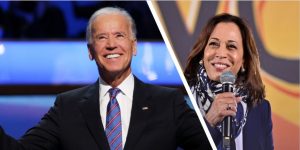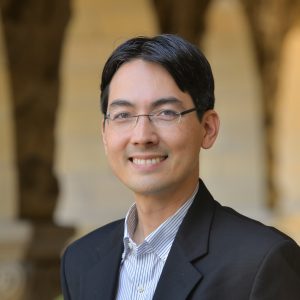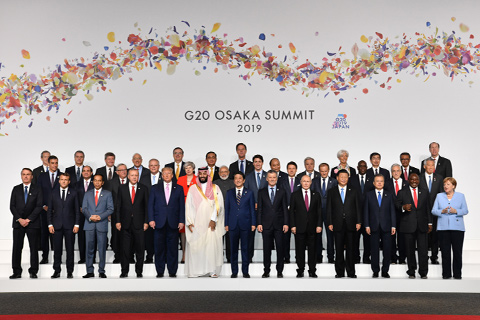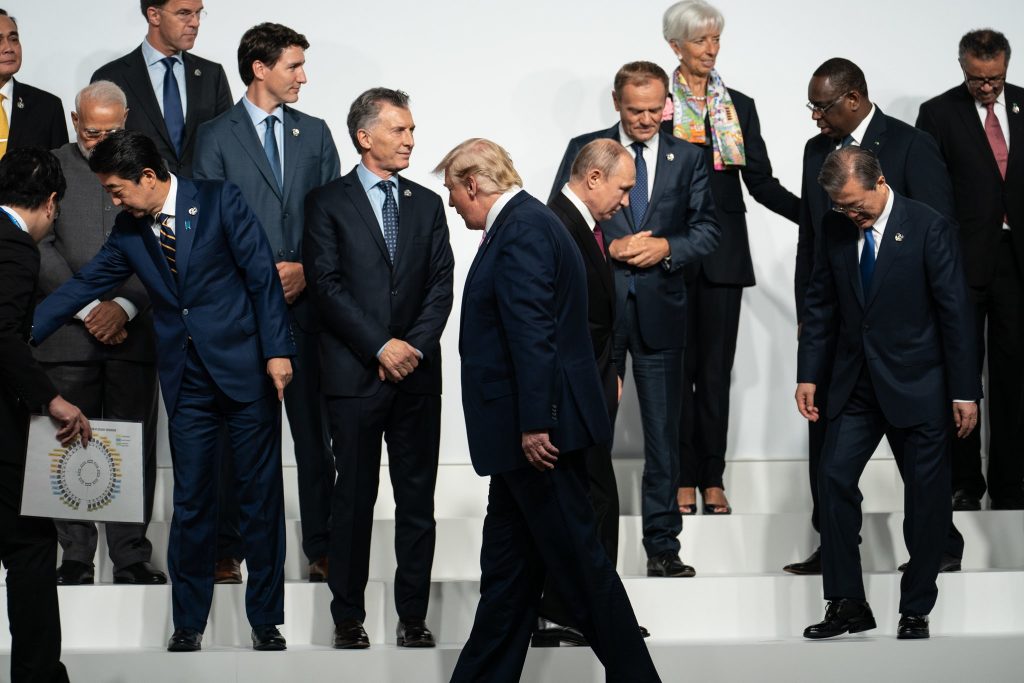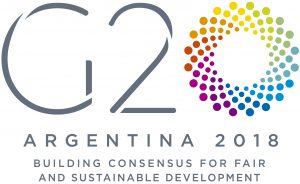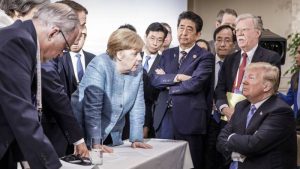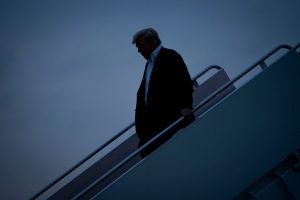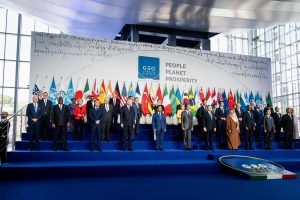
So many summits recently: from the Rome G20 Summit, to the Glasgow COP26 Summit, to APEC, and finally the East Asia Summit. It is the crescendo of the annual summitry cycle. And, this year, 2021, was particularly noteworthy. In this summit cycle we had in person leaders gatherings at the Rome G20 Summit, immediately followed by the 5-year COP ‘check-in’ with many G20 leaders flying off directly to the Glasgow Summit following the Rome G20 Summit. It is not a surprise given the importance of these summits that colleagues have been attracted to assessing the advances, or the limitations of these gatherings and then more generally to examine the overall effectiveness they present of multilateral leadership. One of the key assessments, not surprisingly, is to determine whether these summits, and therefore the multilateralism underpinning them can meet the rising global governance challenges facing the international system. Prime Minister Draghi who chaired the recently concluded G20 Rome Summit had this to say about multilateralism, and inferentially the G20:
“Multilateralism is the best answer to the problems we face today. In many ways it is the only possible answer,” he said in his opening comments on Saturday.
From the pandemic, to climate change, to fair and equitable taxation, going it all alone is simply not an option. We must do all we can to overcome our differences”.
Yet the judgements from the experts have generally been measured, even rather downbeat, over the current G20 and COP26 and other summitry efforts. Broadly there is recognition of some material advances in the global governance agenda, especially concerning climate change efforts but the fundamental – and many would argue the urgent and necessary collective actions – seem to elude global summitry policy making. And, most agree that more global order needs are just out of reach. Here, my colleague Yves Tiberghien in East Asia Forum (EAF) had this to say about the G20 and the critical multilateral efforts:
The G20 is currently unable to function as the incubator for the reform of global governance institutions that the world needs to manage global markets and pressing systemic risks. It is proving unable to manage the great frictions between established and emerging powers.

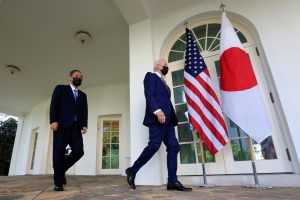
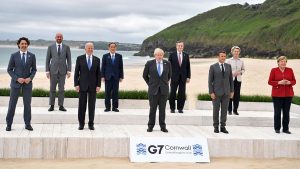 This weekend we open on a sustained set of Summits beginning with the G7 hosted by the UK in Carbis Bay. Along with various states easing restrictions and beginning to open after months of Covid lockdown, we now have the in-person opening of this summit season. The G7 will be followed by a NATO gathering, then an EU-US summit and then a sort of ‘back to the future’ classic ‘cold war’ summit, this between US President Biden and Russian President Vladimir Putin.
This weekend we open on a sustained set of Summits beginning with the G7 hosted by the UK in Carbis Bay. Along with various states easing restrictions and beginning to open after months of Covid lockdown, we now have the in-person opening of this summit season. The G7 will be followed by a NATO gathering, then an EU-US summit and then a sort of ‘back to the future’ classic ‘cold war’ summit, this between US President Biden and Russian President Vladimir Putin.